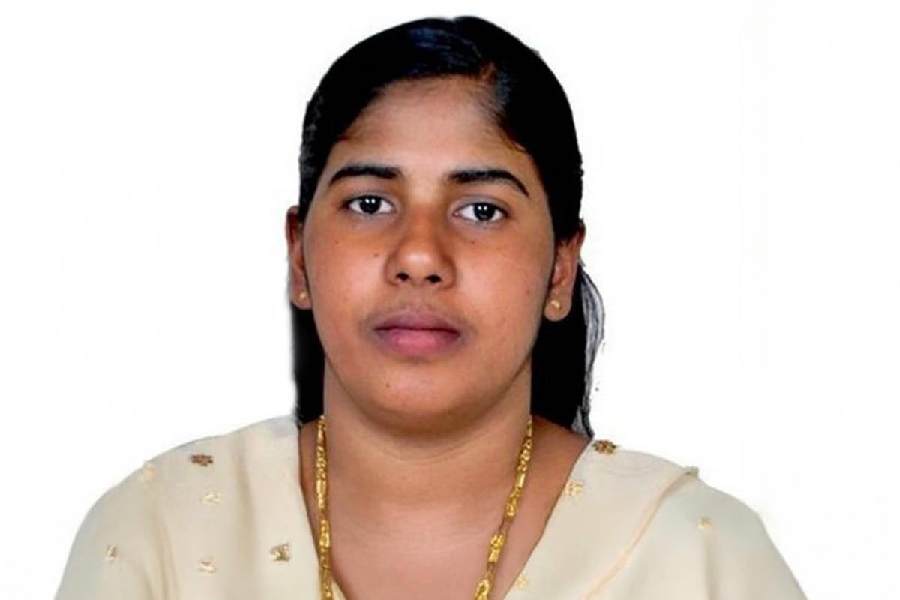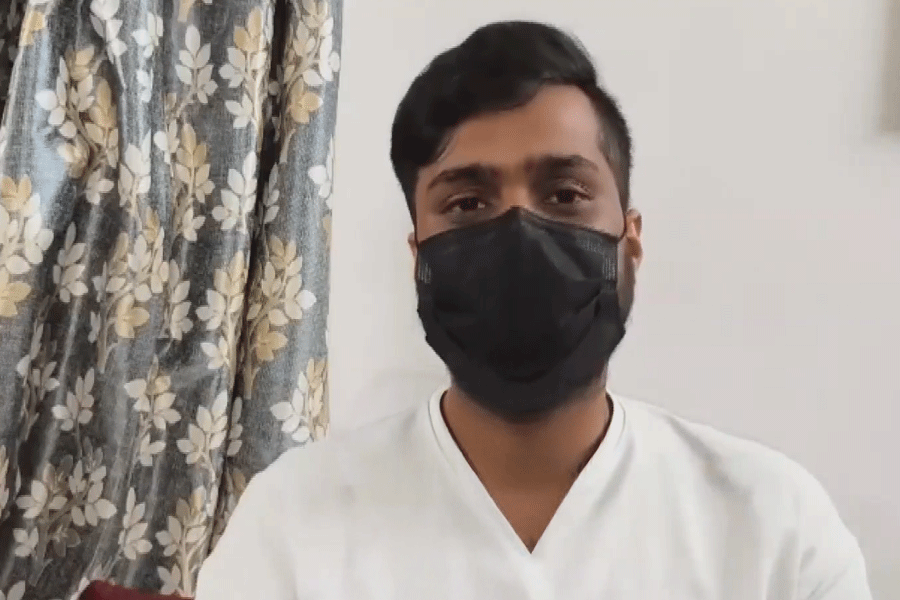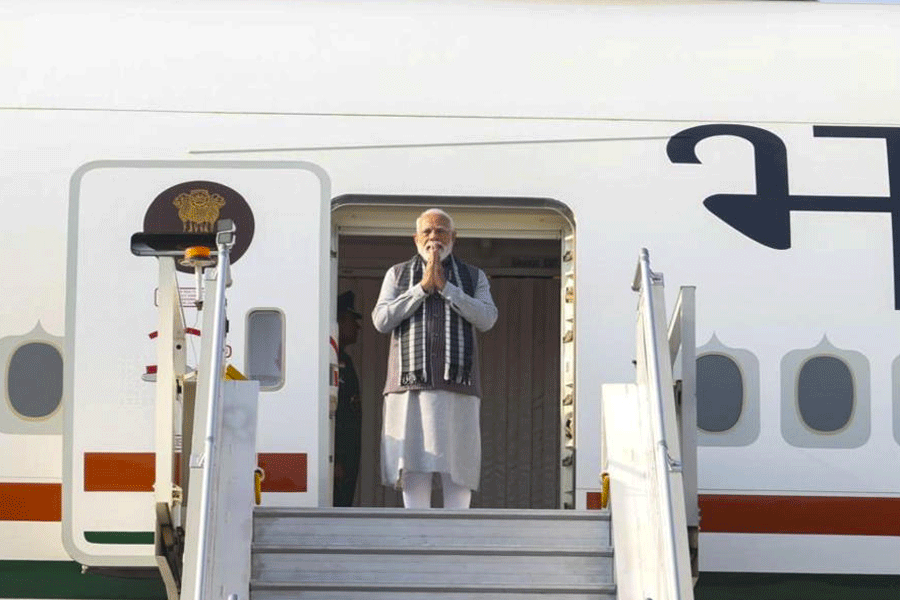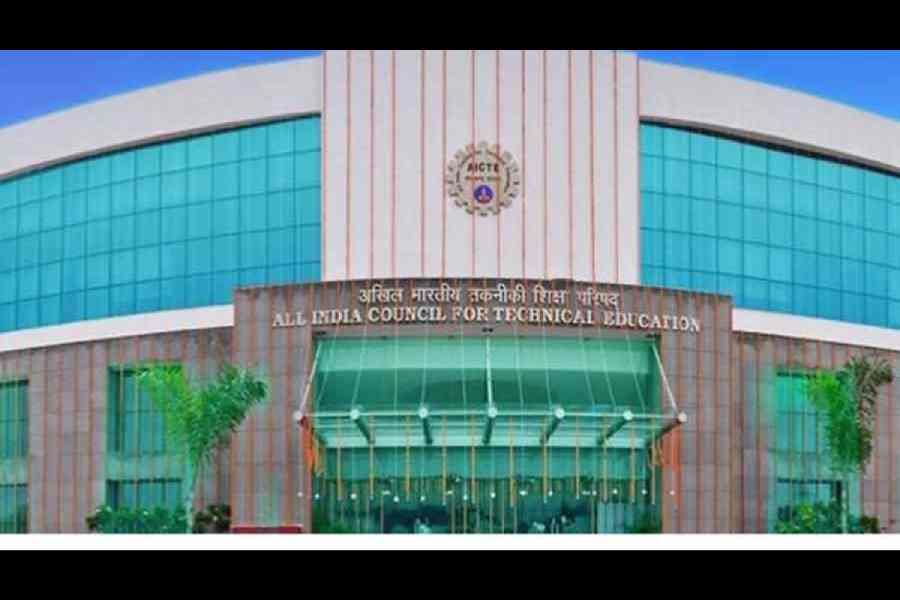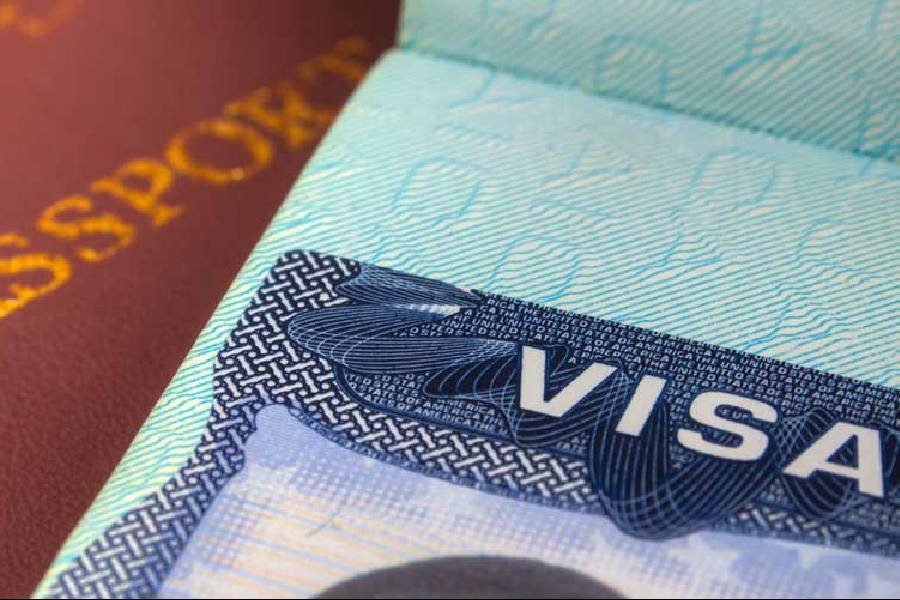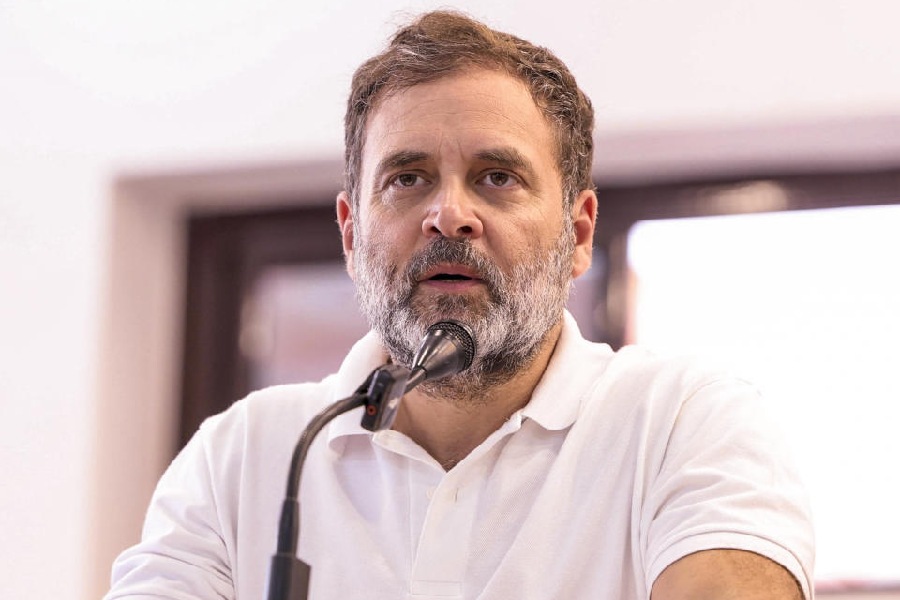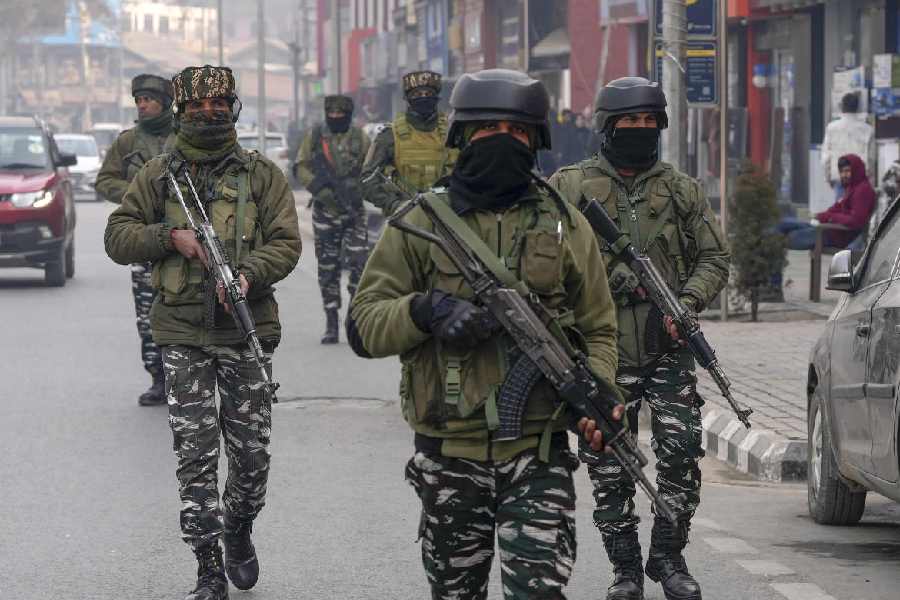The Centre on Monday informed the Supreme Court that its diplomatic efforts to save Indian nurse Nimisha Priya, facing execution in Yemen on July 16, had failed.
“There is a point till which the government of India can go. We have reached it… it did not work out,” attorney-general R. Venkataramani told a bench of Justices Vikram Nath and Sandeep Mehta.
The top law officer also pointed out that negotiating with a country like Yemen, with which India does not have strong diplomatic ties, was difficult.
“We have also established a negotiating link. But there is a point till which the government of India can go. We have reached it. We have also told the public prosecutor there (Yemen) that if the execution can be suspended… but it has not worked out. Nothing matters to the Yemen government,” Venkataramani told the bench.
On July 10, the apex court had asked the Centre and Venkataramani to apprise it of the steps taken by the government to assist Nimisha in response to a petition filed on her behalf by the Save Nimisha Priya International Action Council.
Venkataramani told the apex court that the Centre had been making efforts at different levels to deal with the crisis.
“We also got involved with a Sheikh who is influential there. It did not work out. We got an informal communication from them that the execution would be put in abeyance but we don’t know if it will work out. Not an area where the government can be asked to do something beyond a defined limit,” he said.
Nimisha, a nurse from Palakkad district of Kerala, was convicted of murdering her Yemeni business partner, Talal Abdo Mahdi, in 2017. She was sentenced to death in 2020, and her final appeal was rejected in 2023. She is currently imprisoned in a jail in Sanaa, the capital of Yemen.
The top court bench told the AG that the petitioner was willing to pay “blood money”, which had already been arranged.
However, the AG said the family of the deceased was not willing to accept it. “They say it is a question of honour and they don’t accept it. We don’t know if it changes with more money. But as of now the matter is at standstill,” Venkataramani said.
Senior advocate R. Basant, appearing for the petitioner organisation, told the bench that even Good Samaritans whose services were enlisted were not able to achieve any success. He said the organisation was willing to increase the amount of “blood money” to secure her release.
The AG said the issue was sensitive and confidential and he did not want to say much as it could prove counterproductive.
The bench adjourned the matter to July 18 to enable the Centre and the petitioner to apprise the court about the status.
K.R. Subhash Chandran, who filed the petition on behalf of the organisation, said Nimisha was a “victim of war” as she did not get a proper legal defence at a time Yemen was gripped by a civil war.
“It is pertinent to mention that she was forced to sign many confessional documents in the local language (Arabic), which led to her capital punishment. After being sentenced by a trial court in 2020, she filed appeals against the death penalty in appellate courts, which were also dismissed by the first appellate court as well as the Supreme Judicial Council of Yemen.
“Now, the only way for her to escape from the gallows is to gain pardon from the family of the deceased by paying blood money to the family in accordance with the law of the land (Shariah Law). It has come to be known from the lawyer who represented her before the appeals court that the option for ‘blood money’ is kept open by the first appeal court even while dismissing her appeal,” the petition stated.

